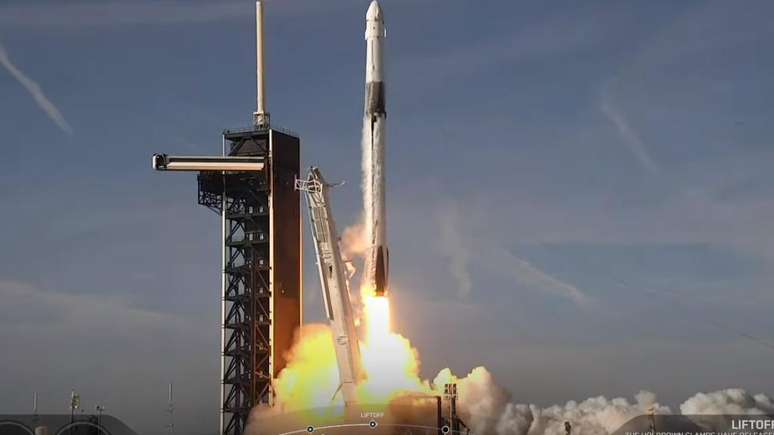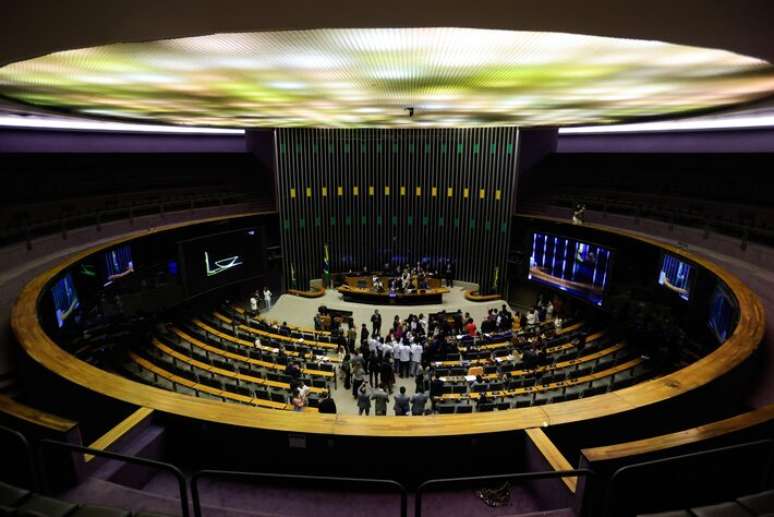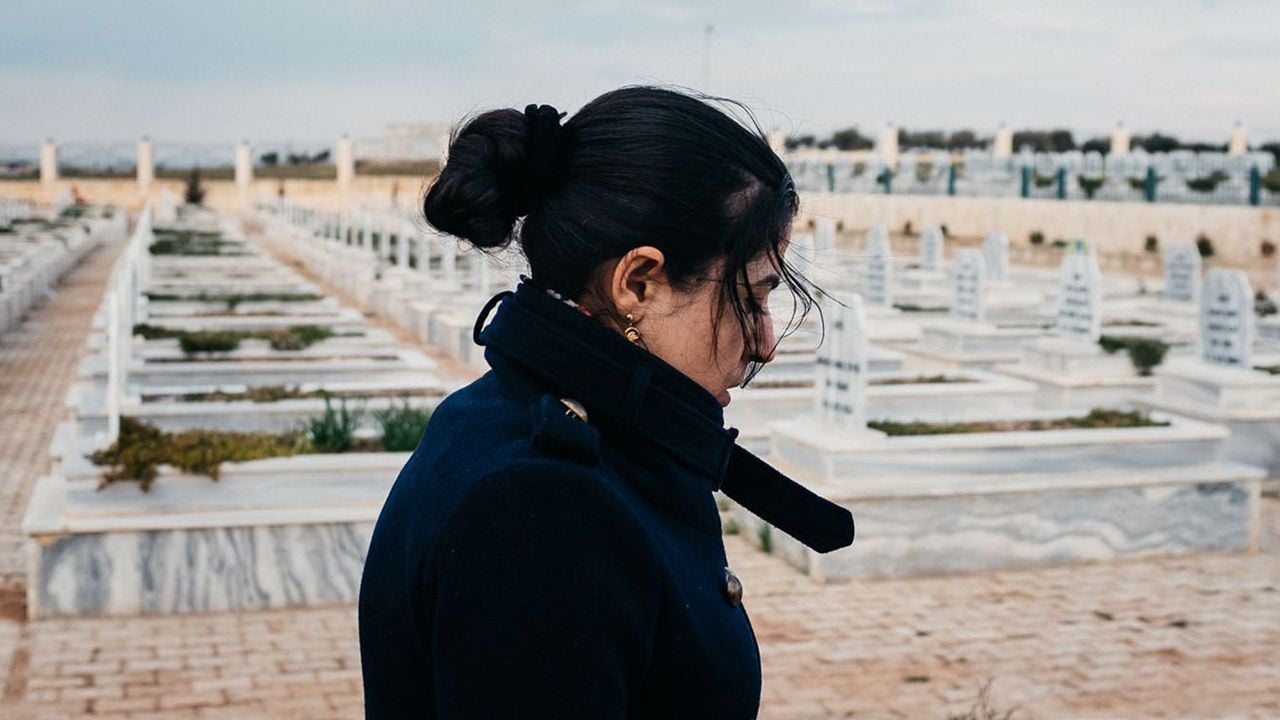“The space station is a laboratory of extreme conditions where we can analyze fungi, bacteria, viruses and other samples under stressful situations,” explains the researcher.
Launched from NASA’s John F. Kennedy Space Center, Florida, in November 2022, the CRS-26 mission carried material prepared by Brazilian researchers among the supplies sent to astronauts on the International Space Station (ISS, for its acronym in English).
About 17 hours later, the rocket docked at the station. The astronauts received the material in a test tube specially prepared for experiments carried out outside the Earth’s atmosphere.
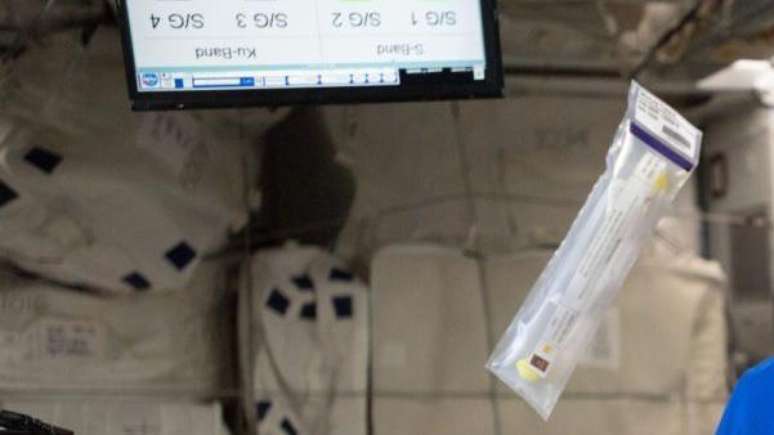
Over the next month, one of them was assigned to conduct the experiments as instructed by the Brazilian researchers.
Among these dozens of other research projects from around the world sent into space, in addition to maintaining the station, the astronauts’ routine is demanding, with ten hours of work a day — there is hardly any time left to watch the 16 visible sunsets from the ISS every day.
Carried out by researchers from the Brazilian pharmaceutical company Cimed in collaboration with USP researchers, the research sent to the ISS by CRS-26 is a study on the absorption of vitamins and minerals by yeasts (unicellular fungi), explains the pharmacist Patricia Lazzarotto, specialized in biotechnology and aerospace pharmacy and scientific consultant of the company.
extreme environment
But what is the advantage of doing the study in space?
“The space station is a laboratory of extreme conditions where we can analyze fungi, bacteria, viruses and other samples in a stressful situation,” explains the researcher.
According to the researcher, we have been able to simulate microgravity on Earth, but intermittently, while on the ISS, microgravity is constant, allowing for better analyses.
“All organisms have evolved based on Earth’s gravity, and from the moment I remove and put cells in microgravity, they feel disoriented,” says Lazzarotto.
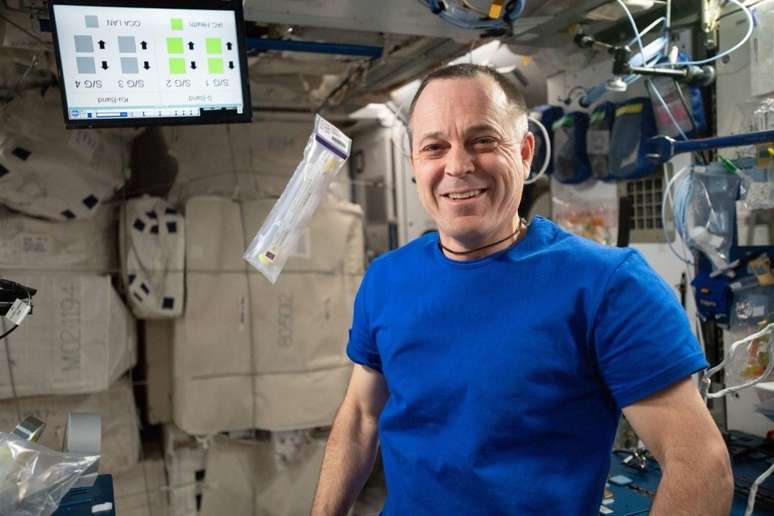
The stressful environment added to the presence of vitamins, he says, generates a series of alterations in the expression of various genes: those of interest for research are those linked to cell ageing.
The goal of the research is to understand how vitamins kept in contact with yeasts altered the microorganisms’ genes — molecular genetic analysis is already underway on Earth, after the return of the material.
Lazzarotto says the preliminary results have been very positive.
“The yeast managed to survive in a stressful environment and managed to have enough energy to multiply and develop,” he explains.
According to her, this type of research can help in the development of new treatments and more effective formulas.
This study is part of the second phase of the company’s aerospace research project. In the first, the experiments analyzed the crystallization process of the SARS-Cov-2 virus protein, responsible for covid-19, in space.
– Text originally published in https://www.bbc.com/portuguese/articles/c72d1351516o
Source: Terra
Rose James is a Gossipify movie and series reviewer known for her in-depth analysis and unique perspective on the latest releases. With a background in film studies, she provides engaging and informative reviews, and keeps readers up to date with industry trends and emerging talents.

